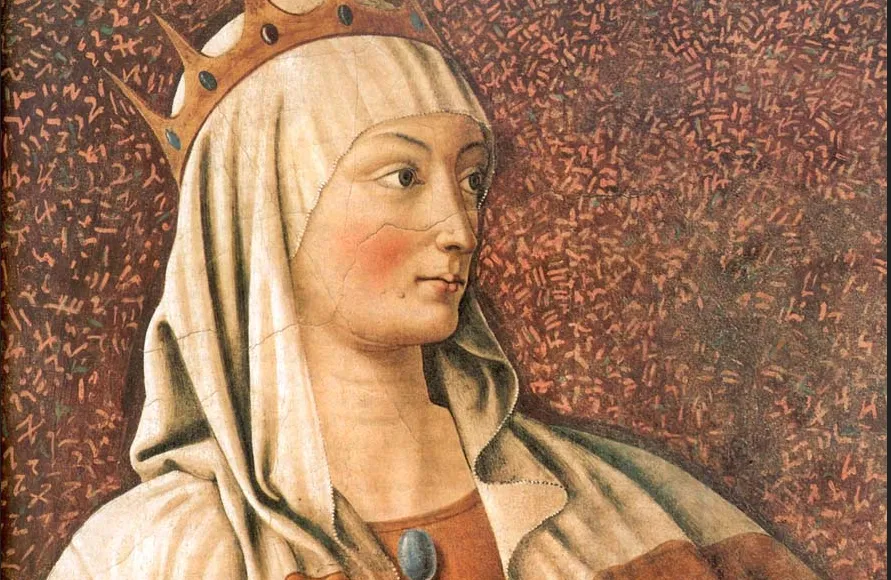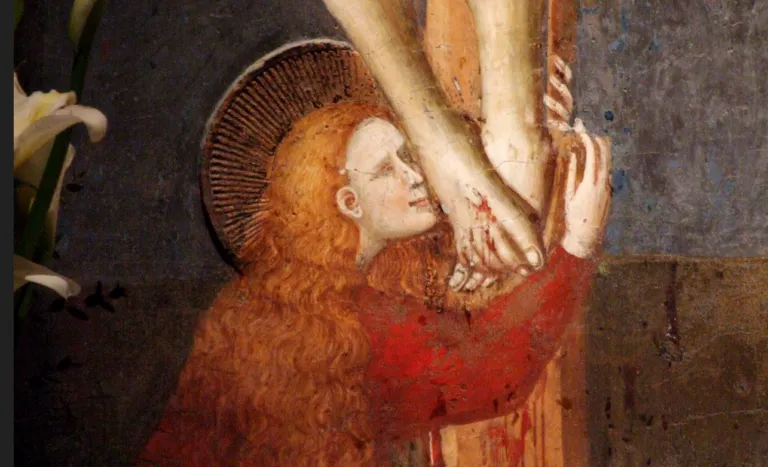Esther was a beautiful young woman who was chosen by King Ahasuerus to be queen. King Ahasuerus did not know that Esther was Jewish. The Jews had been driven out of Israel, about 70 years earlier and exiled in Persia. Esther’s stepfather, Mordecai refused to bow down to Haman, an advisor and high official of the king. Because of this lack of respect, Haman plotted to destroy all the Jews. When Esther found out that this was to happen she wanted intercede, but feared doing so because anyone who entered the king’s throne room without permission could be put to death. She prayed and fasted for three days and found the courage to approach her husband, the king. She told him of her Jewish ancestry and pleaded for her people. Ahasuerus was persuaded by his love for Esther and ordered Haman to be hanged on the very gallows he had prepared for Mordecai.
Read Esther’s life story in Bible verses:
• Esther is a beautiful, orphaned Jewish girl
Then the king’s personal attendants proposed, “Let a search be made for beautiful young virgins for the king. (Esther 2:2, NIV)
• She is the adopted daughter of her cousin Mordecai
Mordecai had a cousin named Hadassah, whom he had brought up because she had neither father nor mother. This young woman, who was also known as Esther, had a lovely figure and was beautiful. Mordecai had taken her as his own daughter when her father and mother died. (Esther 2:7, NIV)
• Esther is a God-fearing woman living in a pagan court
She was taken to King Xerxes in the royal residence in the tenth month, the month of Tebeth, in the seventh year of his reign. Now the king was attracted to Esther more than to any of the other women, and she won his favor and approval more than any of the other virgins. So he set a royal crown on her head and made her queen instead of Vashti. And the king gave a great banquet, Esther’s banquet, for all his nobles and officials. He proclaimed a holiday throughout the provinces and distributed gifts with royal liberality. When the virgins were assembled a second time, Mordecai was sitting at the king’s gate. But Esther had kept secret her family background and nationality just as Mordecai had told her to do, for she continued to follow Mordecai’s instructions as she had done when he was bringing her up. (Esther 2:16-20, NIV)
• Esther was chosen by King Ahasuerus to be queen
Now the king was attracted to Esther more than to any of the other women, and she won his favor and approval more than any of the other virgins. So he set a royal crown on her head and made her queen instead of Vashti. (Esther 2:17, NIV)
• Esther finds out that the Jews were to be executed by Haman
But Mordecai found out about the plot and told Queen Esther, who in turn reported it to the king, giving credit to Mordecai. (Esther 2:22)
• She fasts and prays for three days and then risked death by approaching the king
Then she instructed him to say to Mordecai, “All the king’s officials and the people of the royal provinces know that for any man or woman who approaches the king in the inner court without being summoned the king has but one law: that they be put to death unless the king extends the gold scepter to them and spares their lives. But thirty days have passed since I was called to go to the king.” (Esther 4:10-11, NIV)
On the third day Esther put on her royal robes and stood in the inner court of the palace, in front of the king’s hall. The king was sitting on his royal throne in the hall, facing the entrance. When he saw Queen Esther standing in the court, he was pleased with her and held out to her the gold scepter that was in his hand. So Esther approached and touched the tip of the scepter. (Esther 5:2, NIV)
• She prepared a banquet for the king and Haman
“If it pleases the king,” replied Esther, “let the king, together with Haman, come today to a banquet I have prepared for him.” (Esther 5:4, NIV)
• She asked the king for a new edict
“If it pleases the king,” she said, “and if he regards me with favor and thinks it the right thing to do, and if he is pleased with me, let an order be written overruling the dispatches that Haman son of Hammedatha, the Agagite, devised and wrote to destroy the Jews in all the king’s provinces. (Esther 8:5, NIV)
• Esther’s delivery of God’s people is still celebrated by Jews during Purim
Esther’s decree confirmed these regulations about Purim, and it was written down in the records. (Esther 9:32, NIV)
For more on Purim, read: The Hidden Miracles of Purim







